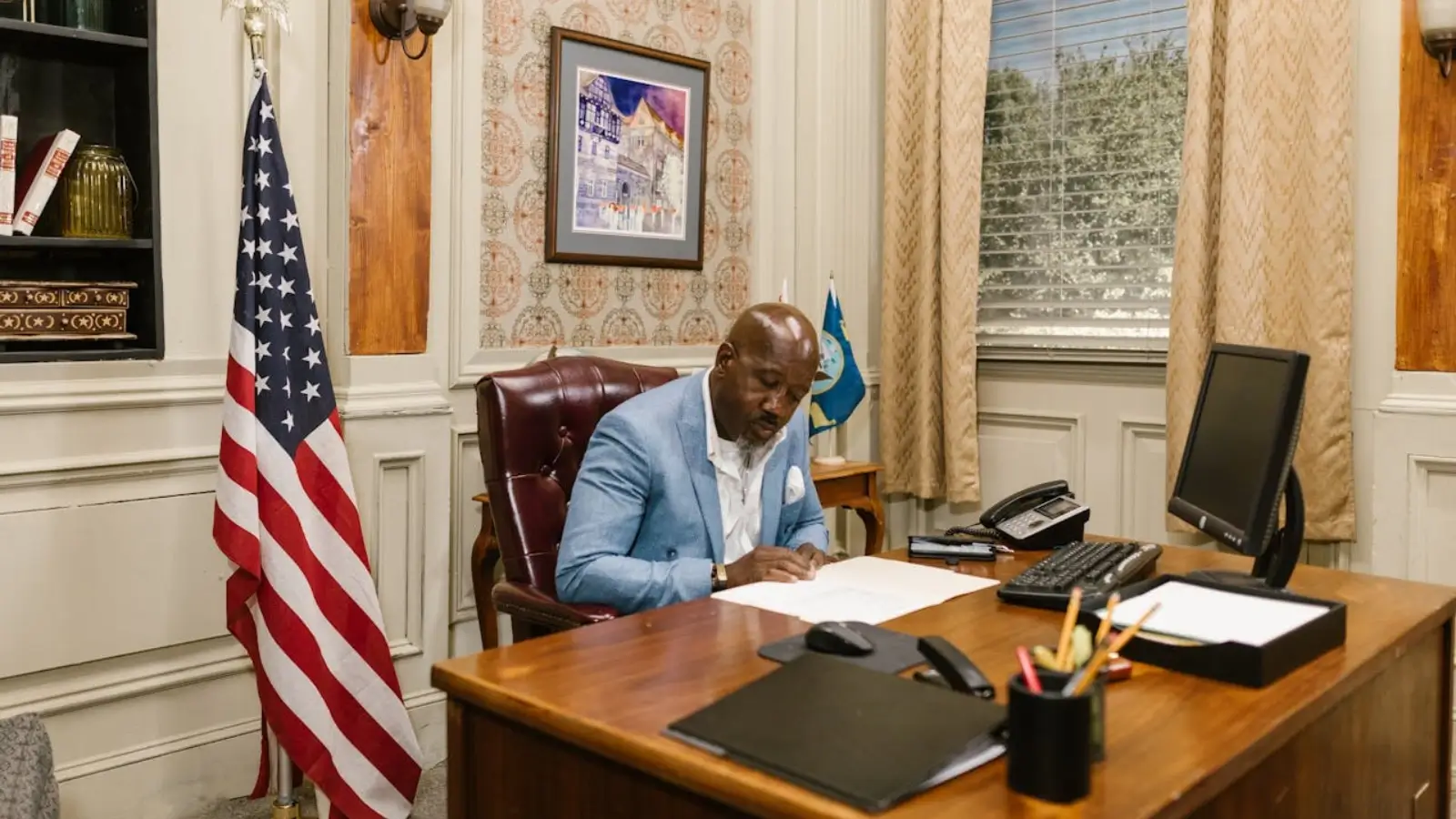If you are navigating divorce for the first time, you will find that you may have a few complications or surprises to deal with. Even if it is your second divorce or if you have had multiple in previous years, you have to accept that every case is unique and that you may find that you have more to learn than you realized.
“Successfully navigating this phase can lead to an uncontested divorce if both sides find common ground on all issues. However, if consensus remains elusive despite negotiations, preparing for trial becomes the next step in the process,” says Shawna Woods of Atlanta Divorce Law Group.
Navigating this complex web of legal procedures requires the deciphering of a seasoned practitioner. While this guide is not a substitute for legal representation, it can help you align your expectations with Georgia divorce laws.
Kickstarting the Divorce Process
The first thing you must sort out is how you want to do it. There are a few things to consider—you can have a no-fault or fault divorce — and then you must decide whether you want it to be uncontested. If you do a no-fault divorce, you do not have to tell the court why you are breaking up or place blame on each other. Most people say "irreconcilable differences" when going through a no-fault divorce.
Choosing between an uncontested divorce and a contested divorce depends on whether or not you can mutually agree on essential matters such as dividing your assets, alimony, and custody. Having an uncontested divorce simplifies the process legal-wise because there is a minimal chance for drama in court.
Filing the Petition and Responding
After you have picked your divorce path, things kick into gear with filing the petition. This legal document outlines the groundwork for what you request in the divorce—property, custody, or support. Once this paperwork is drafted, it is officially submitted to court to get the judicial ball rolling.
Next, you must serve the petition on your spouse. The law requires that they be formally notified of the impending action against them, affording them a fair opportunity to prepare their case.
Your spouse then has a chance to respond to this notification either by agreeing with its terms or contesting them—an action that can significantly influence how smoothly proceedings will continue.
Navigating Negotiations and Settlements
Many divorce cases move into the negotiation phase once the initial petitions are filed and responses exchanged. This stage involves back-and-forth discussions directly between spouses or through their attorneys to resolve disputes over assets, finances, children, and other key matters.
Mediation may be proposed during these negotiations to help both parties reach a mutually agreeable settlement. A neutral third-party mediator facilitates dialogue and helps iron out disagreements.
Heading to Trial
If negotiations stall and an amicable settlement cannot be reached, the divorce process moves on to trial. This phase involves presenting the case before a judge in family court. Each side will be able to present their points, provide evidence, and call witnesses to support their claims regarding contentious issues, such as property division, child custody, or alimony.
Trials can be lengthy and emotionally taxing, as each aspect of the marriage is examined under a legal microscope. The judge will make the final decisions, which will be legally binding, based on the evidence and arguments presented. A trial requires detailed preparation and a strong understanding of legal strategies to effectively represent one's interests.
You Need a Lawyer
You need a lawyer if you are undergoing a divorce. They assist with nearly everything, from making it easier to negotiate to dealing with the financial aspects and determining who will have custody. They act to protect your best interests.
When selecting a divorce attorney, ensure they have experience and know the ins and outs of family law in Georgia. Past client testimonials can help. Also, find somebody who understands your personal needs and objectives.

















